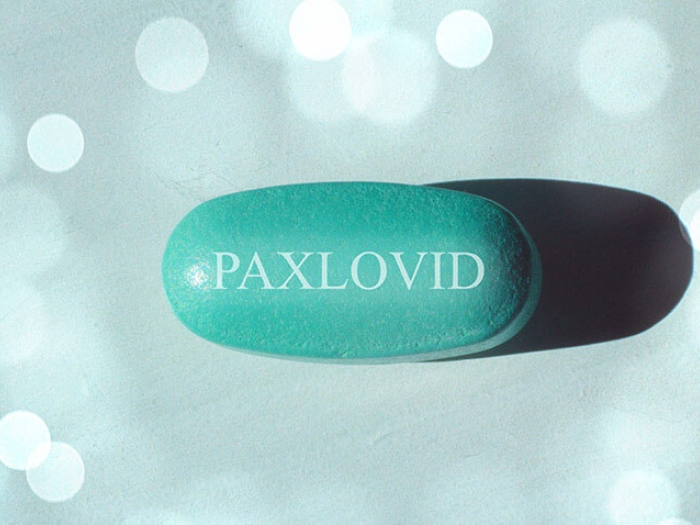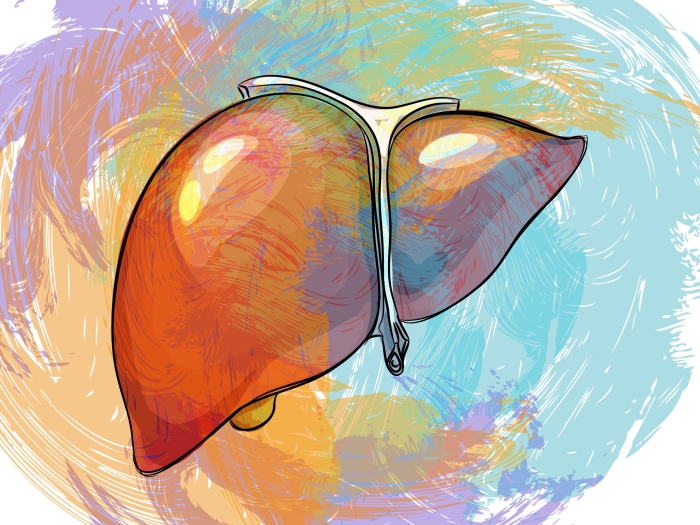Stomach troubles can be debilitating for those that have severe symptoms, but its biggest culprit might also be its perfect remedy: food. Try this chocolate recipe all while sticking to your gut-friendly diet!
10:10 AM
Author |
Maybe you're always running to the bathroom or you have abdominal pain from not being able to go at all. The discomfort can be so severe it dictates how you socialize, eat and travel, greatly impacting your quality of life and productivity.
It's easy to assume irregular bowel movements could be from stress, anxiety or a stomach bug. But according to Shanti Eswaran, M.D., a gastroenterologist at Michigan Medicine, it could be irritable bowel syndrome, which affects 10-20% of Americans.
LISTEN UP: Add the new Michigan Medicine News Break to your Alexa-enabled device, or subscribe to our daily updates on iTunes, Google Play and Stitcher.
IBS triggers and symptoms are individual to each patient, so it's not a disease with a magic pill to make it go away. According to Eswaran, it's a lifelong commitment to managing your diet, exercise, stress, sleep and medications. Basically, sticking to a healthy routine can aid in keeping tummy troubles away.
But diet does play a major role. In fact, one study revealed that 63% of people with IBS report specific foods worsen their symptoms.
See also: How to Shop for Groceries with IBD
"The gastrointestinal tract is sensitive to certain foods. Some people are sensitive to certain carbohydrates, and some people are sensitive to fatty or rich foods," Eswaran explains. "Decreasing those triggers, minimizing portions or staggering certain foods in your meals can help improve IBS symptoms."
As a registered dietitian nutritionist at Michigan Medicine, Emily Haller, M.S., R.D.N. often helps patients manage IBS with an individualized diet plan. One of the most successful methods is the low FODMAP diet, which first eliminates and then slowly reintroduces certain carbohydrates, or FODMAPs, that are found in some foods and aren't fully absorbed in all people.
This poor absorption causes bacteria in your intestines to react, prompting typical IBS symptoms like abdominal pain, gas, bloating, diarrhea and/or constipation.
"A low FODMAP diet has been shown to manage symptoms in 50-70% of IBS patients, and has validated the patient experience that food triggers symptoms," she says. "This kind of diet can also be helpful in reducing symptoms for patients with another gastrointestinal condition called Crohn's disease."
See also: The Low FODMAP Diet: A 'Liberating' Route to IBS Relief
For a low FODMAP dessert to enjoy at home, try this four ingredient chocolate bark with pomegranate seeds recipe.

Low FODMAP Chocolate Bark with Fresh Pomegranate Seeds
What you'll need
-
1/2 cup of pomegranate seeds
-
1 cup plus 1 teaspoon of raw cacao butter, coarsely chopped
-
1 cup of raw cacao powder
-
1/2 cup of pure maple syrup
Directions
-
Spread pomegranate seeds in a roughly 12-inch square on a rimmed baking sheet lined with parchment paper.
-
Melt the cacao butter in a saucepan over low heat. Once melted, remove the butter from the heat and mix in cacao powder and maple syrup until everything is fully incorporated.
-
Using a rubber spatula to help, pour the chocolate over the pomegranate seeds. Make sure to scrape it all out of the pan and spread it evenly onto the 12-inch square.
-
Chill the chocolate in the refrigerator for approximately one hour. If the bark firm isn't firm to the touch after one hour, leave the baking sheet in the refrigerator longer.
-
Finally, remove the chocolate bark and break it into the desired size pieces. Depending on the freshness of the pomegranate, the bark can be stored in the refrigerator in an airtight container for three to five days.
This recipe is endorsed by Emily Haller, M.S., R.D.N., and Shanti Eswaran, M.D., and can be found at FODMAPeveryday with additional nutritional information.

Explore a variety of healthcare news & stories by visiting the Health Lab home page for more articles.

Department of Communication at Michigan Medicine
Want top health & research news weekly? Sign up for Health Lab’s newsletters today!





